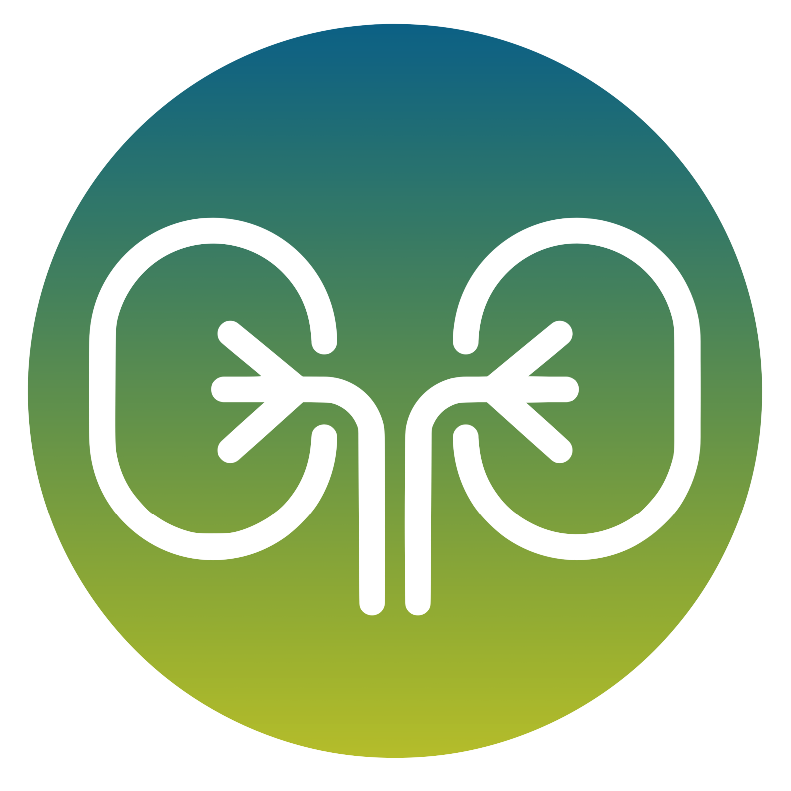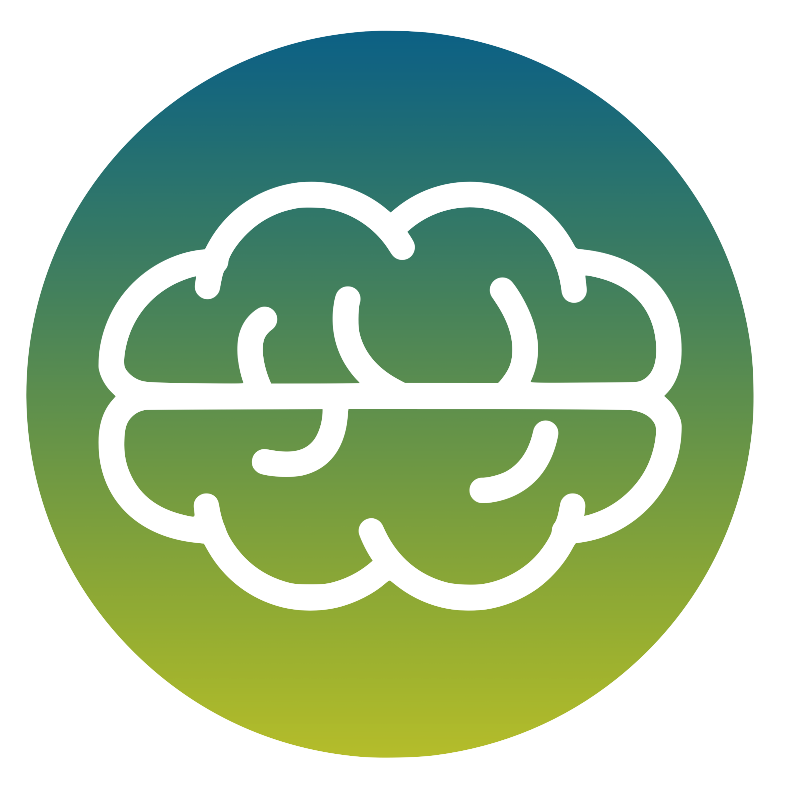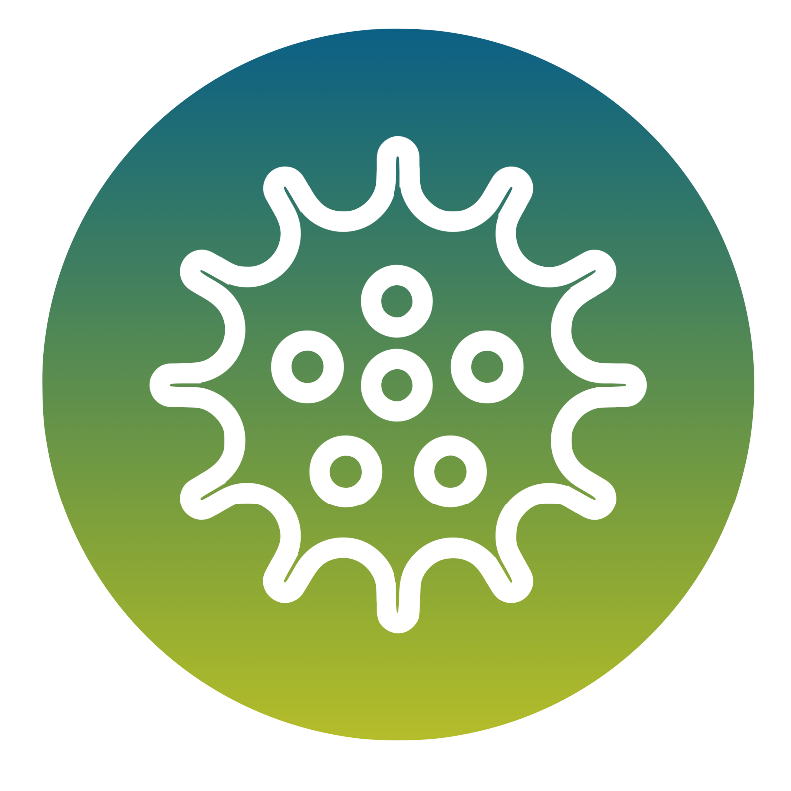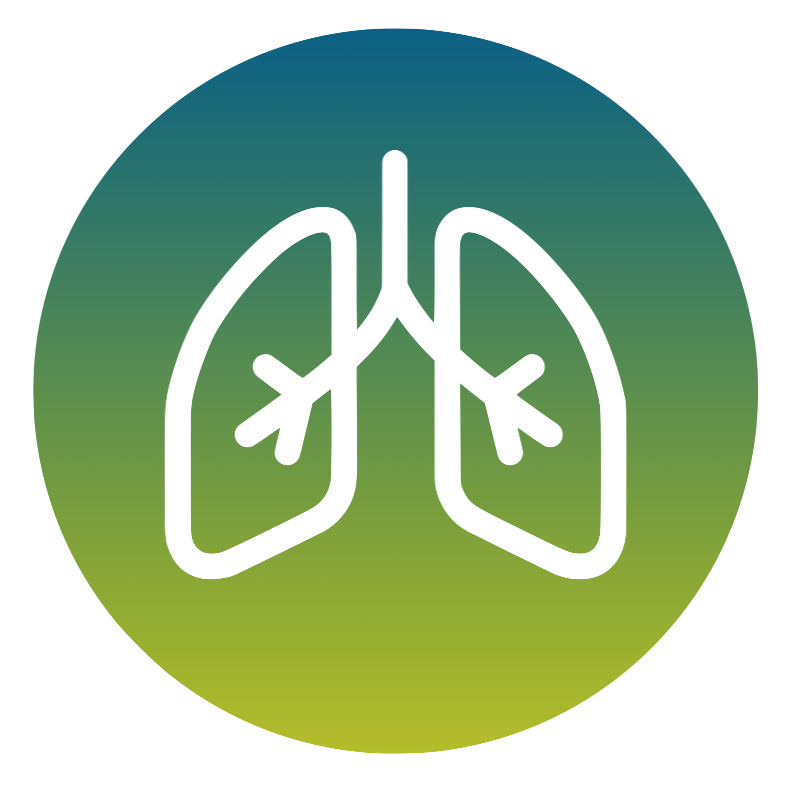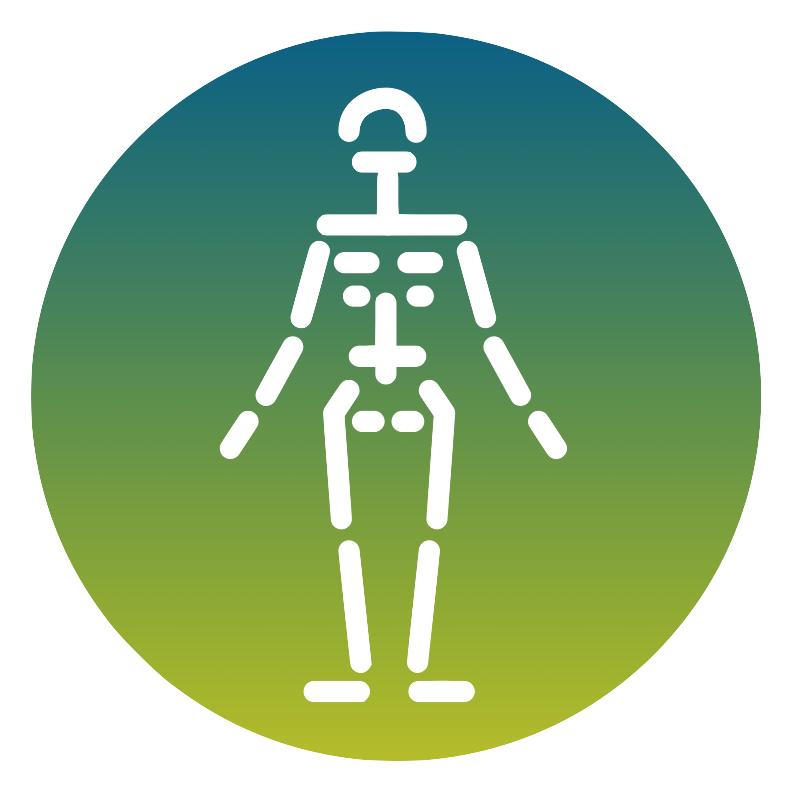Peroxisomal disorders Code R-134
- Description
- Number Genes
- Prevalence
- Indications and clinical utility
- Test performed and limitations
- Other Specialities
Peroxisomal disorders are a group of rare genetic disorders involving peroxisomes, cellular organelles responsible for various metabolic functions, such as beta-oxidation of fatty acids and detoxification of harmful substances. These disorders are generally caused by mutations in genes coding for proteins involved in peroxisome biogenesis or function. Symptoms associated with this condition are neurological problems (such as developmental delays, ataxia and seizures); metabolic disorders (such as accumulation of fatty acids or other toxic substances); and defects in the formation of myelin (the protective sheath that lines nerve cells).
30 genes
Not known
Multi-gene panel for the molecular diagnosis of peroxisomal disorders.
Method: NGS sequencing, determination of SNVs (Single Nucleotide Variants), small insertions and deletions and CNVs (Copy Number Variants).
Limits: The test is unable to determine the presence of underrepresented somatic events, balanced chromosomal rearrangements, nucleotide expansion events of repeat regions, CNVs <3 contiguous exons. <3 esoni contigui.
Some genes may have low coverage areas, where necessary or upon specific request, within the limits of methodological limitations, sequencing can be completed with alternative methods (Sanger).
Some genes may be duplicated in the genome (pseudogenes), which may invalidate the analysis.








